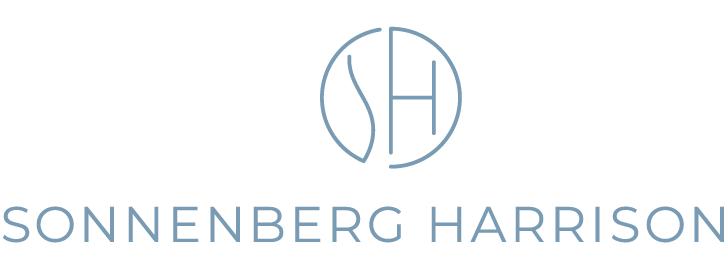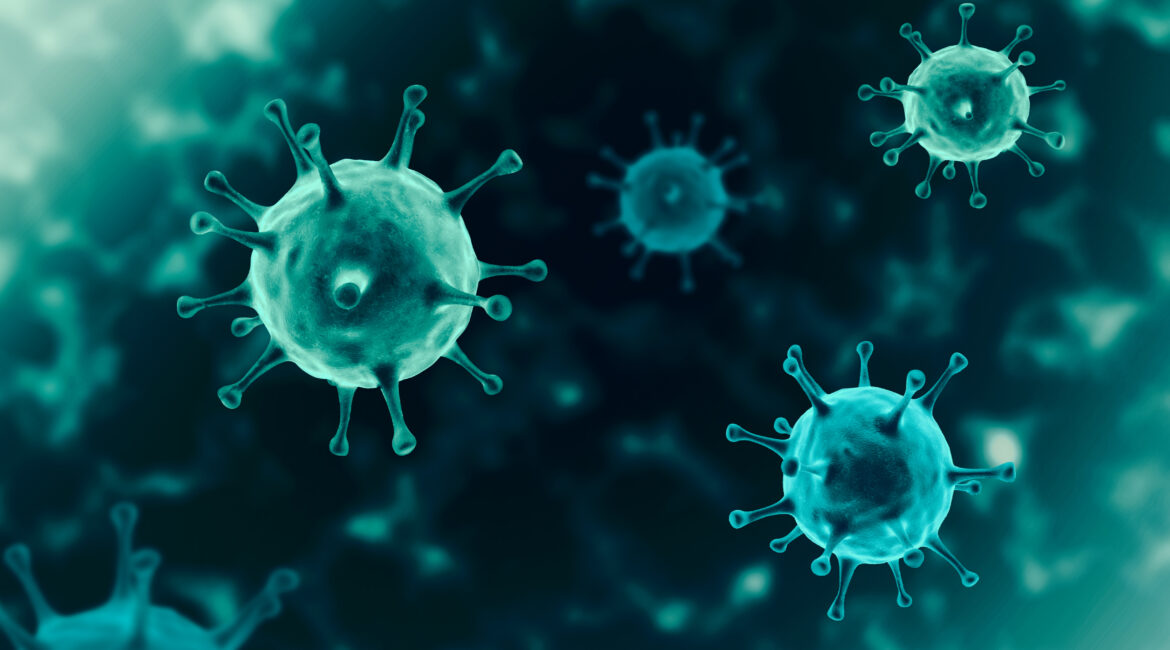It was almost inevitable that there would be allegations of patent infringement on solutions to address the Covid19 pandemic and IP Watchdog has recently highlighted the allegation by Allele Biotechnology and Pharmaceutical’s complaint that the Covid19 vaccine manufacturers infringed Allele’s US Patent 10,221221 covering a tag used to track vaccine in a patient’s blood. There is no patent apparently filed outside of the United States and the application was deemed withdrawn in Europe.
Approval to use the vaccines requires authorization from regulatory agencies. This is carried out in the United States by the Food and Drug Administration and in Europe by the European Medicines Agency (formerly in London and now in Amsterdam). Pfizer and BioNTech, as developers of the vaccine, need to present data from large-scale trials and demonstrate that vaccinated subjects are less susceptible to infection from Covid19. Part of this involves the investigation of their blood and it is this investigation that Allele alleges infringes their patent by the use of a fluorescent tag to track the vaccine in the blood.
The allegation is not that the vaccine manufacturers are selling the patented protein, but that they are using the protein during clinical trial testing of the vaccine. However, US Patent Code states that this is allowed under the so-called “safe harbor” provisions which immunize anyone from allegations of patent infringement when the accused actions are undertaken in order to develop information for submission to the FDA for regulating the manufacture, use, or sale of drugs. Pfizer has argued that their testing of vaccines falls under this provision. Allele reject this interpretation
It was precisely to enable the testing and development of new medical products that the safe harbor provision was introduced into US patent law in 1984. Clearly, the need to develop and test quickly vaccines, pharmaceuticals, and medical devices to combat the pandemic should not be held up by disputes about patent rights. Many countries have similar rules about enabling the testing of products to obtain regulatory data. For example, the German Patent Act in §11 2b) clearly sets out that patent protection does not extend to studies for obtaining approval to place a pharmaceutical product on the market. This was confirmed by the German Federal Court in 1997 in their “Klinische Versuche II” (File No X ZR 99/92) decision.
Some countries have also relaxed their compulsory licensing regimes during the current pandemic.
There’s always a balance to be drawn between rewarding and inventor for developing new technology and providing technological solutions beneficial to society. The courts in the current case will hopefully provide more guidance on what is acceptable – if the parties do not settle the matter beforehand amicably.





